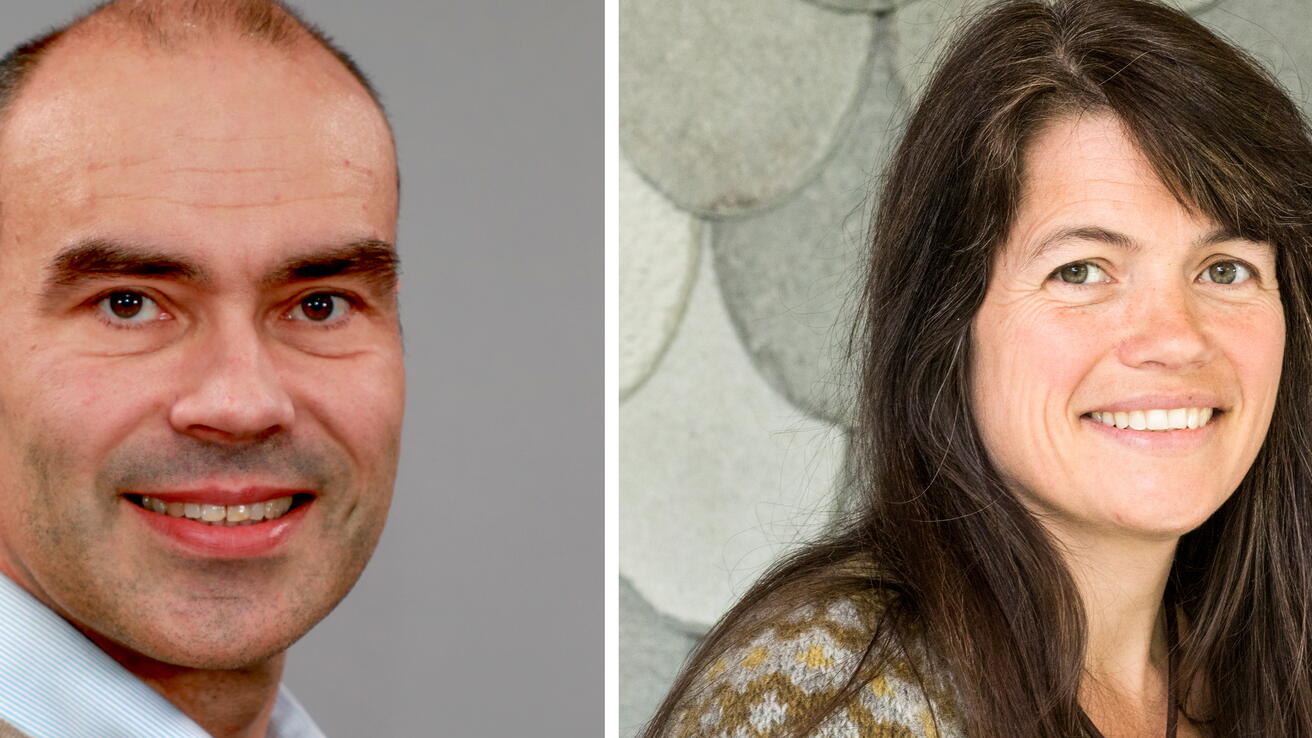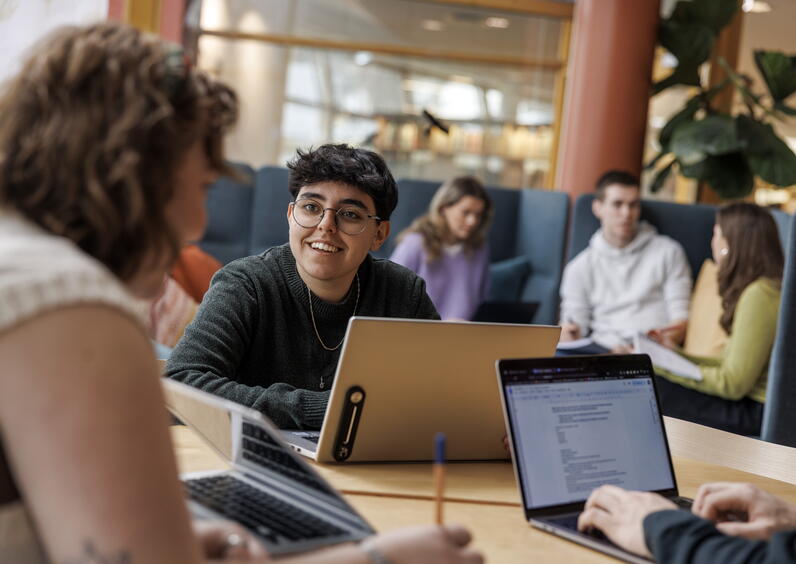HVO-forskere på internasjonal konferanse
Professor Knut-Willy Sæther ved Institutt for religion, livssyn og etikk, er med på å arrangere European Conference in Science and Theology i Lyon i Frankrike 17.-22. april. Konferansen har tittelen «Nature and Beyond».
Professor Knut-Willy Sæther ved Institutt for religion, livssyn og etikk, er med på å arrangere European Conference in Science and Theology i Lyon i Frankrike 17.-22. april. Konferansen har tittelen «Nature and Beyond: Transcendence and Immanence in Science and Religion (ECST XVII)».
Forskningskonferansen som arrangeres av European Society for the Study of Science and Theology (ESSSAT), finner sted annen hvert år i ulike byer i Europa. Dette er den 17. konferansen så langt.
Knut-Willy Sæther har i åtte år vært Scientific Programme Officer i ESSSAT. Konferansen samler forskere fra hele verden og har en interdisplinær profil, med særlig fagområdene religion, filosofi, teologi og naturvitenskap. Fra Høgskulen i Volda deltar også førsteamanuensis Helga Synnevåg Løvoll, som sammen med Mark Graves og Knut-Willy Sæther legger fram forskningsresultater fra deres tverrfaglige prosjekt om friluftslivsstudenter opplevelser i naturen.
Sluttprodukter fra konferansen blir publisert på Springer, i ESSSATs vitenskapelige serie, «Issues in Science and Religion».

What is ESSSAT?
ESSSAT is a scholarly, non-confessional organization, based in Europe, which aims to promote the study of relationships between the natural sciences and theological views. ESSSAT has members from almost every European country as well as members from other continents. They have different confessional backgrounds, and may include believers as well as non-believers and atheists. As scientists, theologians, philosophers and historians they work on a better understanding of the interactions between two of the most powerful human pursuits, namely religion and science.
Activities
ESSSAT organizes the European Conferences on Science and Theology; awards the ESSSAT Research Prizes and the ESSSAT Student Prizes; publishes two series of books and the newsletter ESSSAT-News & Reviews.
Purpose
ESSSAT’s aims are:
- to advance the open and critical communication between theology and science
- to share their knowledge for the mutual benefit of each; and
- to work on the solution of interdisciplinary problems






